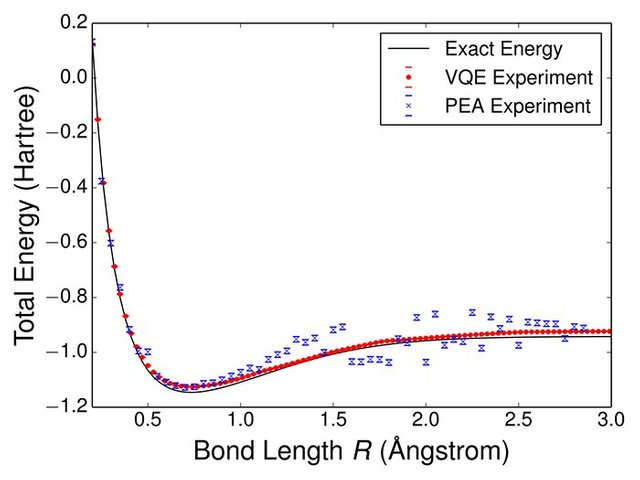Google's architects just accomplished a point of reference in quantum registering: they've created the principal totally adaptable quantum reproduction of a hydrogen atom.
That is huge news, since it indicates comparative gadgets could help us open the quantum privileged insights covered up in the science that encompasses us.
Analysts working with the Google group could precisely mimic the vitality of hydrogen H2 particles, and on the off chance that we can rehash the trap for different atoms, we could see the advantages in everything from sun powered cells to meds.
These sorts of expectations are frequently inconceivable for "traditional" PCs or take a to a great degree long time – working out the vitality of something like a propane (C3H8) particle would take a supercomputer in the district of 10 days.
To accomplish the deed, Google's specialists collaborated with analysts from Harvard University, Lawrence Berkeley National Labs, UC Santa Barbara, Tufts University, and University College London in the UK.
"While the energies of atomic hydrogen can be registered traditionally (though wastefully), as one scales up quantum equipment it gets to be conceivable to reproduce significantly bigger synthetic frameworks, including traditionally unmanageable ones," composes Google Quantum Software Engineer Ryan Babbush.
Substance responses are quantum in nature, since they shape exceptionally caught quantum superposition states. At the end of the day, every molecule's state can't be depicted freely of the others, and that causes issues for PCs used to managing in parallel estimations of 1s and 0s.
Enter Google's widespread quantum PC, which bargains in qubits – bits that themselves can be in a condition of superposition, speaking to both 1 and 0 in the meantime.
To run the reenactment, the architects utilized a supercooled quantum processing circuit called a variational quantum eigensolver (VQE) – basically a very propelled displaying framework that endeavors to emulate our mind's own particular neural systems on a quantum level.

Does this affect to bitcoin security? i thought quantum computers may break Bitcoin cryptography
Downvoting a post can decrease pending rewards and make it less visible. Common reasons:
Submit